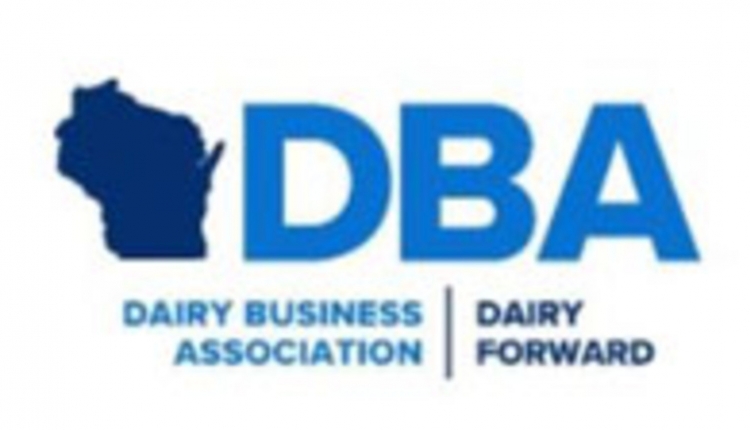Biggest change, of course, will be in the House, where the Republicans easily gained control. It looks as if the GOP could gain as many as 50 to 60 seats in the lower chamber when all the dust settles.
For ag/dairy policy, this means that Colin Peterson (D-Minn.) no longer will chair the House ag committee. He generally is thought of as a dairy/ag-friendly lawmaker who was anxious to see work began on the 2012 Farm Bill early next year. The ranking (Republican) member of that committee is Frank Lucas (R-Okla.) He has made it known that his preference would be to delay writing of the farm bill until, "the federal budget is in a better position for farm programs."
(However, we should note that the ranking committee member for the minority party does not always assume chairmanship of the committee when control of Congress changes parties.)
All four co-chairs of the House Dairy Farmers Caucus were reelected. They are Joe Courtney (D-Conn.), Devin Nunes (R-Calif.), Tim Walz (D-Minn.), and Peter Welch (D-Vt.). They head a bi-partisan group that goes to bat on dairy issues. Most recently, they wrote a letter to President Obama about newly imposed tariffs that were affecting the flow of U.S. dairy products to Mexico.
Jim Costa (D-Calif.) whose name is on the only dairy policy legislation that has been introduced, the Costa/Sanders bill, was defeated. Bernie Sanders (I-Vt.) who introduced the bill in the Senate was not up for reelection.
On the Senate side, the biggest news is that the first woman to head the ag committee, Blanche Lincoln (D-Ark.) was defeated. Being in the big cotton and rice state of Arkansas, political analysts thought her support of direct payments for farmers would carry her back to the Senate. Her absence will create a vacuum for that kind of support in farm program deliberations which could have impact on several future farm commodity programs. Debbie Stabenow (D-Mich.) is mentioned as a possible successor to Lincoln as new chair of the Senate ag committee.








